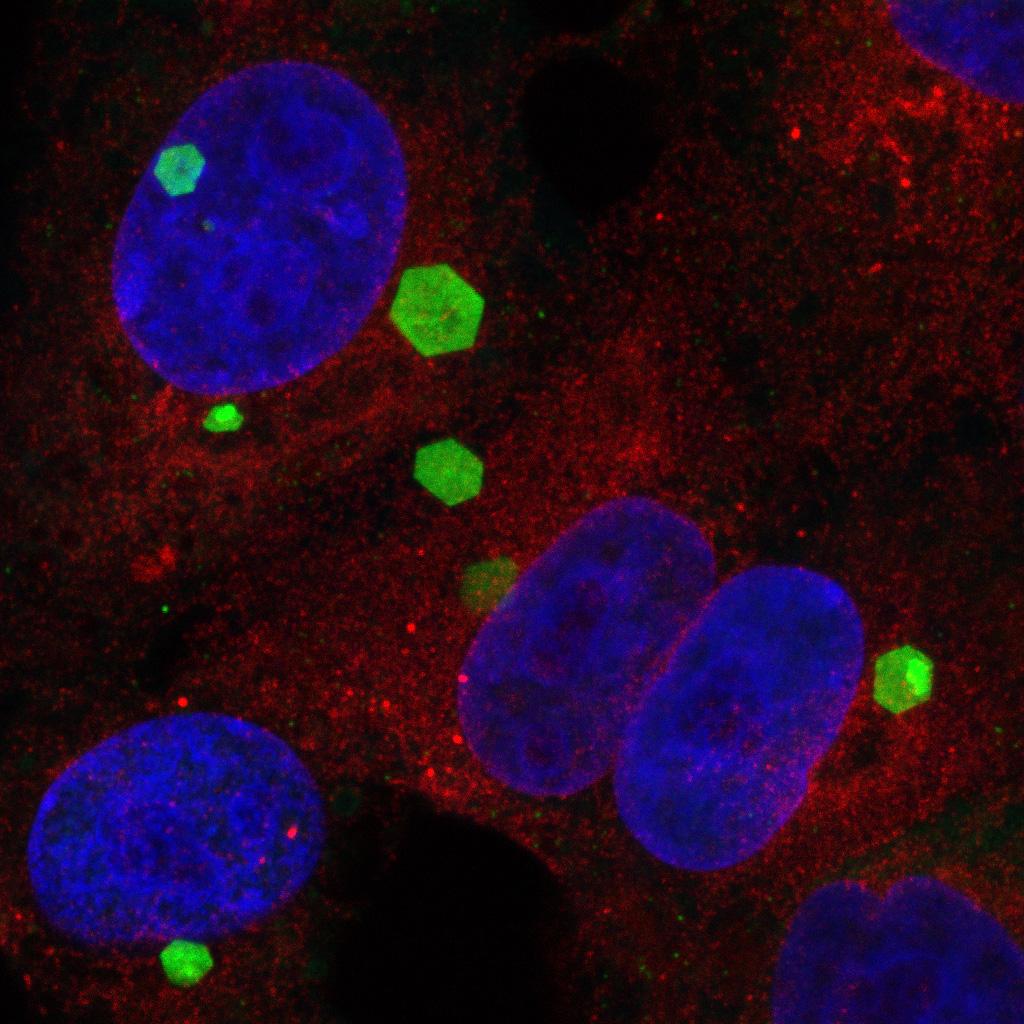Vaccination of horses with a recombinant modified vaccinia Ankara virus (MVA) expressing African horse sickness (AHS) virus major capsid protein VP2 provides complete clinical protection against challenge
African horse sickness virus (AHSV) is an arthropod-borne pathogen that infects all species of equidae and causes high mortality in horses. Previously, a recombinant modified vaccinia Ankara (MVA) virus expressing the protein VP2 of AHSV serotype 4 was shown to induce virus neutralising antibodies in horses and protected interferon alpha receptor gene knock-out mice (IFNAR -/-) against virulent AHSV challenge. This study builds on the previous work, examining the protective efficacy of MVA-VP2 vaccination in the natural host of AHSV infection. A study group of 4 horses was vaccinated twice with a recombinant MVA virus expressing the major capsid protein (VP2) of AHSV serotype 9. Vaccinated animals and a control group of unvaccinated horses were then challenged with a virulent strain of AHSV-9. The vaccinated animals were completely protected against clinical disease and also against viraemia as measured by standard end-point dilution assays. In contrast, all control horses presented viraemia after challenge and succumbed to the infection. These results demonstrate the potential of recombinant MVA viruses expressing the outer capsid VP2 of AHSV as a protective vaccine against AHSV infection in the field.
Back to publications
